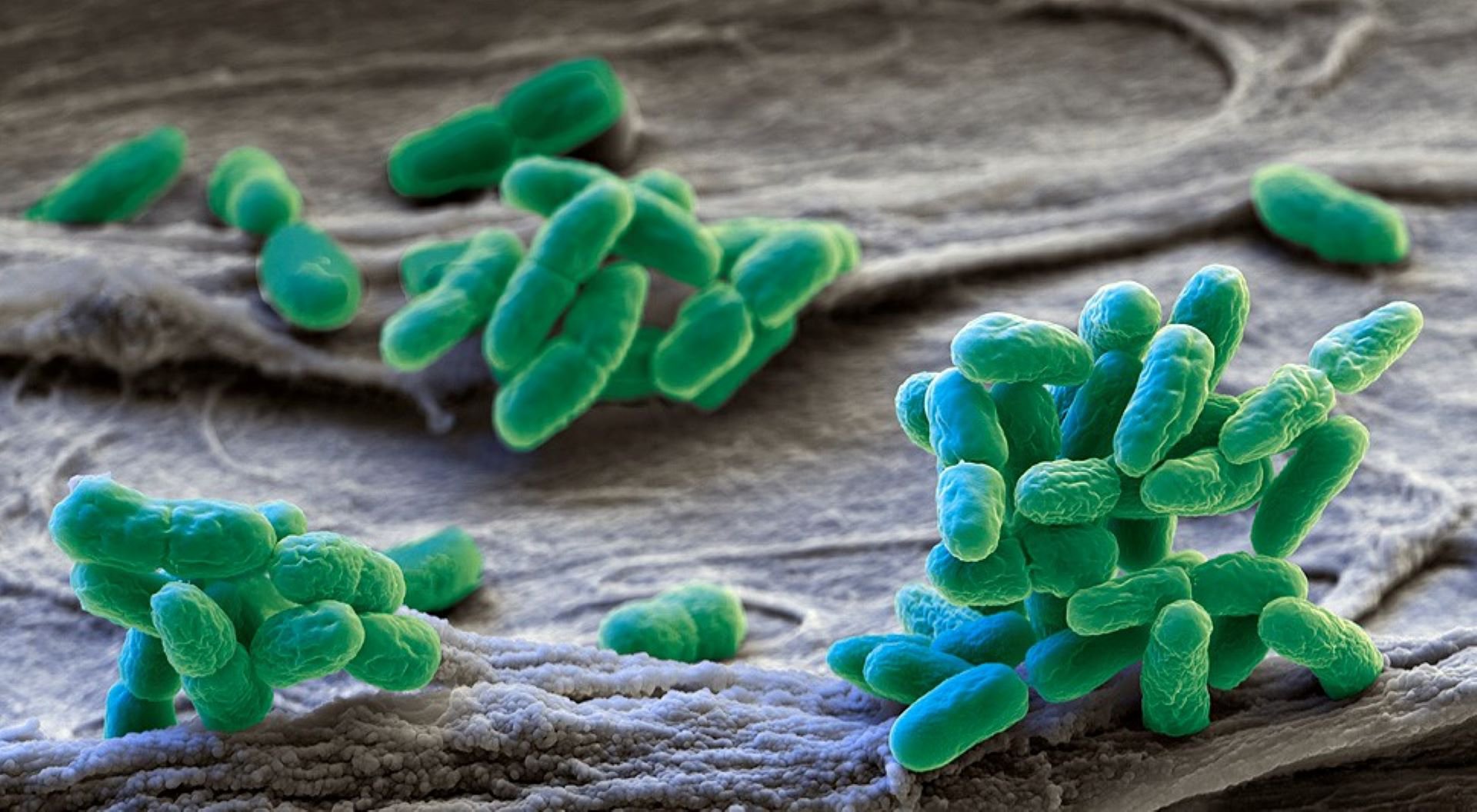Discover how cyanobacteria, also known as blue-green algae, are cultivated and what useful substances these 'durable microfabrics' can make for us. Micropia organizes the workshops in collaboration with iGEM Amsterdam. This team of students from the University of Amsterdam and the Free University (VU) of Amsterdam is working on new applications of microbes for a sustainable future. The first workshops will take place on Sustainability Day (Saturday 10 October), the day when a strong signal is given nationwide that sustainability is necessary for our future. The workshops can be held throughout the Autumn holiday, daily between 13.00 and 15.00 hours. Come along and discover how microbes can make our future more sustainable.
Microbes as a durable solution
We live with more and more people on earth everyday. Many of our daily products are made from fossil raw materials and cause emissions of harmful substances and greenhouse gases. In order to protect our planet and secure the manufacture of products in the future, we need to produce more sustainably. The smallest creatures on earth can help us with this. If microbes such as bacteria, algae and fungi are used on a large scale in the production process, we can make the industry more environmentally friendly. The use of cyanobacteria, better known as blue-green algae, is an example of this. Despite their bad name, these microbes produce a large part of our oxygen and are indispensable for our survival. But they are also of great value for our future, because they produce all kinds of useful substances and absorb CO2 in the process.
Stable production with blue green algae
iGEM is an annual international competition in which students search for new applications with microbes to solve social problems, ranging from new materials, clean energy and medicines. iGEM Amsterdam, consisting of students from the University of Amsterdam and the Free University (VU) of Amsterdam, demonstrate with their project that cyanobacteria can contribute to more sustainable production. To make these 'micro factories' run more efficiently, the team at iGEM Amsterdam is developing a special computer program. This program calculates how the bacteria can produce existing and new substances, including aspirin and sweeteners, in a more stable way. And by realizing this more stable production on a large scale, the students hope to make biotechnology more sustainable.
Workshops
From 10 October, Sustainability Day, until 25 October, iGEM students will take Micropia visitors on a journey of discovery through the world of sustainable microbes. Every day from 13:00 to 15:00 hours in the middle of Micropia, there will be three free walk-in workshops on using cyanobacteria for a greener future. Would you like to discover how these sustainable microbes are cultivated and what useful substances they make? Book a time slot for your museum visit here.
| What: |
Workshop Durable microfabrics. |
| Where: |
Micropia |
| When: |
10 to 25 October, daily from 13.00 to 15.00 hours. |
| Admission: |
Participation is free of charge. You do need an admission card for Micropia. Reservation of a start time is mandatory. |

